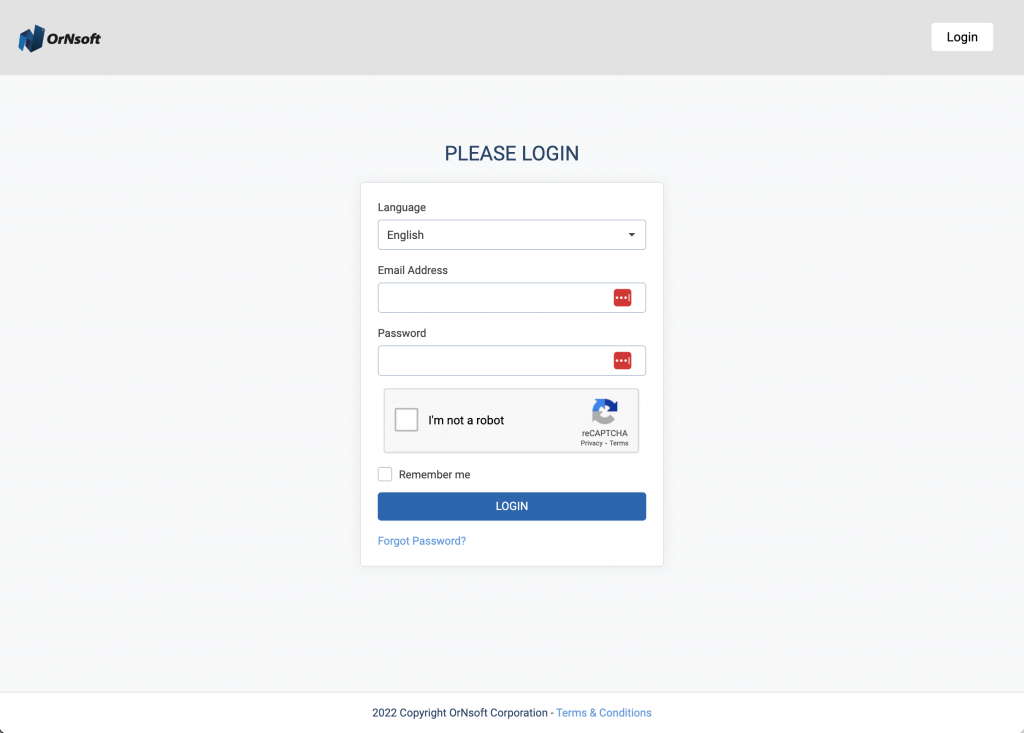Introduction
In the age of data-driven decision-making, the concept of fairness in artificial intelligence (AI) has emerged as a critical concern. AI has the potential to significantly impact our lives, from personalized marketing strategies to medical diagnoses and beyond. However, the algorithms that power these AI systems often inadvertently perpetuate existing biases, leading to unfair outcomes. The solution to this problem lies in fairness-aware modeling, a subfield of AI that seeks to ensure equitable outcomes in algorithmic decision-making.
What Is Fairness-aware Modeling?
Fairness-aware modeling, also known as fairness in machine learning, is a method of developing AI algorithms that are designed to minimize bias and ensure fairness. It involves creating models that not only consider accuracy but also the fairness of the outcomes. This is achieved by incorporating mathematical definitions of fairness into the design of the algorithm, effectively reducing the risk of discriminatory decisions.
Fairness in this context refers to the concept that similar individuals should be treated similarly by the algorithm. This includes ensuring that the algorithm does not unfairly favor one group over another based on protected characteristics such as race, gender, or age.
History of Fairness-aware Modeling
The concept of fairness-aware modeling has its roots in the early days of AI and machine learning. As these technologies began to be used in decision-making processes, it became apparent that they could inadvertently perpetuate existing biases in the data they were trained on. This led to a growing awareness of the need for fairness in AI, culminating in the development of fairness-aware modeling techniques.
The field has evolved rapidly in recent years, with numerous research papers and conferences dedicated to exploring and improving fairness in AI. Today, fairness-aware modeling is an integral part of AI development, with major tech companies investing heavily in research and development to ensure their AI systems are fair and unbiased.
Importance of Fairness-aware Modeling
In a world increasingly reliant on AI, the importance of fairness-aware modeling cannot be overstated. Biased algorithmic decisions can have serious real-world consequences, from discriminatory hiring practices to unjust criminal sentencing. By ensuring fairness in AI, we can mitigate these risks and build a more equitable society.
Fairness-aware modeling is also crucial from a business perspective. Companies that fail to address algorithmic bias risk damaging their reputation and losing the trust of their customers. On the other hand, businesses that prioritize fairness in their AI systems can differentiate themselves in the market and build stronger relationships with their customers.
Practical Applications
Fairness-aware modeling has a wide range of practical applications. For example, in the hiring process, fairness-aware algorithms can help ensure that all candidates are evaluated on their merits, rather than their race, gender, or other protected characteristics. In healthcare, fairness-aware AI can help ensure that medical diagnoses and treatments are unbiased and equitable.
In the financial sector, fairness-aware modeling can be used to ensure that credit scoring algorithms do not unfairly discriminate against certain groups. Similarly, in criminal justice, fairness-aware algorithms can help mitigate the risk of biased sentencing decisions.
The Role of Fairness-aware Modeling in Modern Enterprises
In the modern business landscape, fairness-aware modeling plays a crucial role in ensuring ethical and responsible AI use. By incorporating fairness into their AI systems, businesses can avoid the legal and reputational risks associated with algorithmic bias.
Moreover, fairness-aware modeling can help businesses build trust with their customers. As consumers become more aware of the issues surrounding AI and bias, they are increasingly looking for businesses that prioritize fairness and transparency in their AI systems.
Case Study
A notable example of the successful implementation of fairness-aware modeling is Google’s AI ethics initiative. The tech giant has made significant investments in fairness-aware modeling, developing tools and techniques to ensure fairness in their AI systems. This has not only helped Google avoid the pitfalls of algorithmic bias but has also established them as a leader in the field of AI ethics.
Future Outlook
Looking to the future, fairness-aware modeling is set to play an increasingly important role in AI development. As AI continues to permeate every aspect of our lives, the demand for fair and unbiased AI systems will only grow. This presents a significant opportunity for businesses and researchers alike to innovate and drive the field forward.
Conclusion
In conclusion, fairness-aware modeling is a critical component of responsible AI use. By ensuring fairness in AI, we can mitigate the risks of algorithmic bias and build a more equitable society. Businesses that prioritize fairness in their AI systems stand to gain a competitive advantage, building trust with their customers and differentiating themselves in the market.
Intrigued by the potential of AI for your business? Schedule a free consultation with us here.

